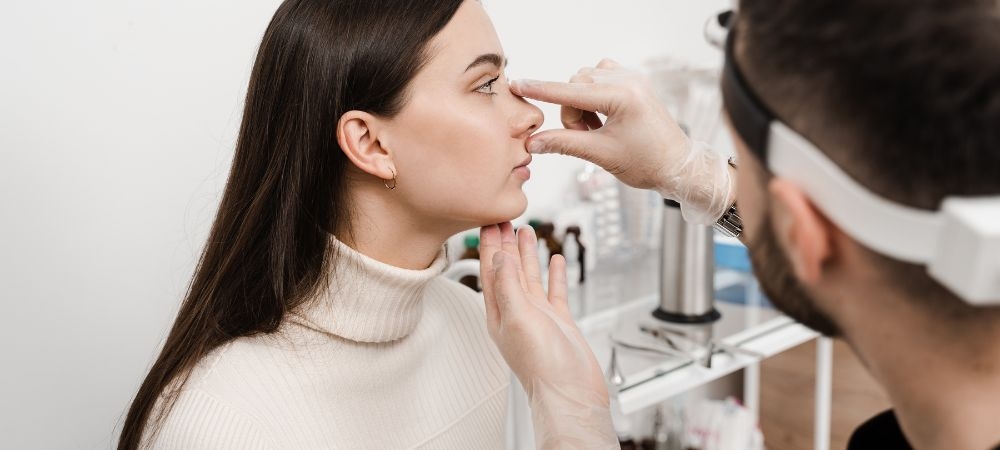

Facelifts, being more complex procedures, usually fall on the higher end of the cost spectrum, averaging between $7,000 and $15,000. The total cost can be affected by the extent of the facelift performed, such as a full facelift versus a mini facelift, as well as any additional procedures like neck lifts or eyelid surgeries. This price typically covers the surgeon's fees, operating facility costs, anesthesia, and post-operative care.
Tummy tucks, or abdominoplasty, generally range from $6,000 to $12,000, with the final cost influenced by the extent of the surgery (e.g., full versus mini tummy tuck) and whether liposuction is performed concurrently. The quoted amount usually includes the surgeon's fee, anesthesia, operating room costs, and follow-up appointments.
It is important to recognize that these figures represent average costs and can vary based on individual circumstances. Additionally, most cosmetic surgeries are not covered by insurance unless they are deemed medically necessary, so patients should be prepared for out-of-pocket expenses. Facilities offering cosmetic surgery . Many surgeons provide financing options or payment plans to make these procedures more accessible.
Overall, understanding the full breakdown of costs and any additional fees is crucial when considering cosmetic surgery. CureValue is a team of dedicated professionals with extensive experience in the healthcare, travel, and technology industries. Our diverse team includes healthcare experts, travel specialists, and technology innovators, all working together to provide a seamless experience for our users. We are passionate about helping people find the best medical care, no matter where it is in the world. Your path to affordable care At CureValue, our mission is to make high-quality healthcare accessible and affordable for everyone. We believe that no one should have to compromise on their health due to high costs or lack of access to quality care. By connecting patients with trusted medical facilities around the world, we provide a viable alternative for those seeking affordable healthcare solutions.. Patients should consult with multiple surgeons to obtain detailed quotes and ensure they make informed decisions, ultimately receiving high-quality care.
Anesthesia is a critical component of cosmetic surgery, playing a vital role in ensuring patient comfort and safety throughout the surgical process. It involves the administration of medications designed to prevent pain and discomfort during procedures. There are three main types of anesthesia utilized in cosmetic surgery: local anesthesia, regional anesthesia, and general anesthesia, each serving specific applications based on the nature and complexity of the surgery.
Local anesthesia numbs a small, targeted area of the body where the procedure will take place. This type is commonly used for minor surgeries such as eyelid surgery, lip augmentation, and certain skin resurfacing techniques. Patients remain awake and alert during the procedure, allowing them to communicate with the surgical team while experiencing no pain in the designated area. Local anesthetics are usually delivered via injection or topical application.
Regional anesthesia, on the other hand, numbs a larger area of the body by blocking nerve impulses to that specific region. This method is often employed for more extensive procedures, such as liposuction and tummy tucks. Epidural and spinal anesthesia are common forms of regional anesthesia. While patients remain conscious, they may receive a sedative to help promote relaxation and comfort. This approach provides effective pain relief while minimizing the risks associated with general anesthesia.
General anesthesia is reserved for more complex or extensive cosmetic procedures, such as breast augmentation, facelifts, and rhinoplasty. Under general anesthesia, the patient is rendered completely unconscious and unaware of the surgery. This is achieved through the administration of anesthetic drugs via intravenous (IV) injection or inhalation. An anesthesiologist or nurse anesthetist closely monitors the patient's vital signs throughout the procedure to ensure safety. General anesthesia allows surgeons to perform intricate operations without causing pain or distress to the patient.
The choice of anesthesia depends on several factors, including the type and duration of the procedure, the patient's medical history, and individual preferences. The surgeon, in consultation with the anesthesiologist, determines the most appropriate anesthesia type to ensure optimal outcomes and minimize risks. We also provide detailed information about destinations, including sightseeing options, accessibility, transportation, living standards, visa requirements, and other factors important for Americans traveling abroad for best-in-class treatments. Additionally, we assign a dedicated medical travel representative to support you through the entire process. Facilities offering cosmetic surgery CureValue is a team of dedicated professionals with extensive experience in the healthcare, travel, and technology industries. Our diverse team includes healthcare experts, travel specialists, and technology innovators, all working together to provide a seamless experience for our users. We are passionate about helping people find the best medical care, no matter where it is in the world.. Proper administration and monitoring of anesthesia are essential to avoid complications such as allergic reactions, respiratory issues, or adverse drug interactions.
Explore Cayra Clinic: Istanbul and Antalya's Premier Aesthetic Facility

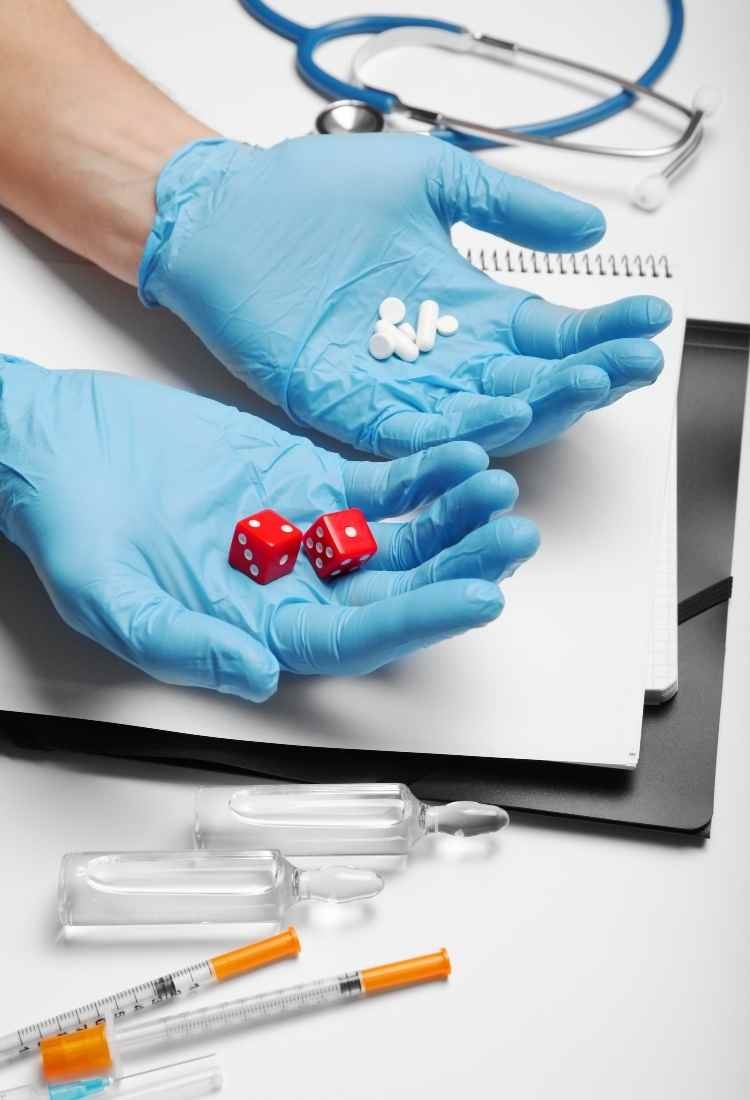
In summary, anesthesia is a fundamental element of cosmetic surgery, enabling patients to undergo procedures with minimal discomfort and maximum safety. Understanding the various types of anesthesia and their specific applications helps patients make informed decisions, ensuring a smooth and successful surgical experience.
Preparing for cosmetic surgery involves several essential steps aimed at ensuring a successful and smooth experience. The initial phase is the consultation and evaluation with the surgeon, where you can discuss your goals, medical history, and any medications or supplements you may be taking. The surgeon will assess your overall health to determine if you are a suitable candidate for the procedure, and pre-operative tests such as blood work or imaging may be required to evaluate your fitness for surgery.
For patients who smoke, quitting is crucial, as smoking can significantly impair healing and increase the risk of complications such as infections and poor wound healing. It is generally recommended to stop smoking at least six weeks before and after surgery to enhance recovery outcomes.
We are committed to providing the highest quality medical care by partnering with trusted facilities and experienced doctors. Our verification process ensures that all our partners meet stringent quality standards. Your path to affordable care We also provide detailed information about destinations, including sightseeing options, accessibility, transportation, living standards, visa requirements, and other factors important for Americans traveling abroad for best-in-class treatments. Additionally, we assign a dedicated medical travel representative to support you through the entire process..Healthy lifestyle choices also play a significant role in preparing for surgery. Maintaining a balanced diet, staying hydrated, and engaging in regular physical activity can improve overall health and boost the body's recovery ability. Reducing alcohol consumption and limiting caffeine intake in the weeks leading up to surgery can further facilitate a smoother recovery process.
Medication adjustments may be necessary based on your surgeon's recommendations. Certain medications, particularly blood thinners, anti-inflammatory drugs, and some supplements, can increase bleeding risks during and after surgery. Your surgeon will provide specific instructions on which medications to stop or adjust before the procedure.
It is also important to arrange for post-operative care and support. Depending on the type of surgery, you may need assistance with daily activities, transportation, and wound care during the initial recovery phase. Having a trusted friend or family member available to help can make a significant difference during this time.
CureValue .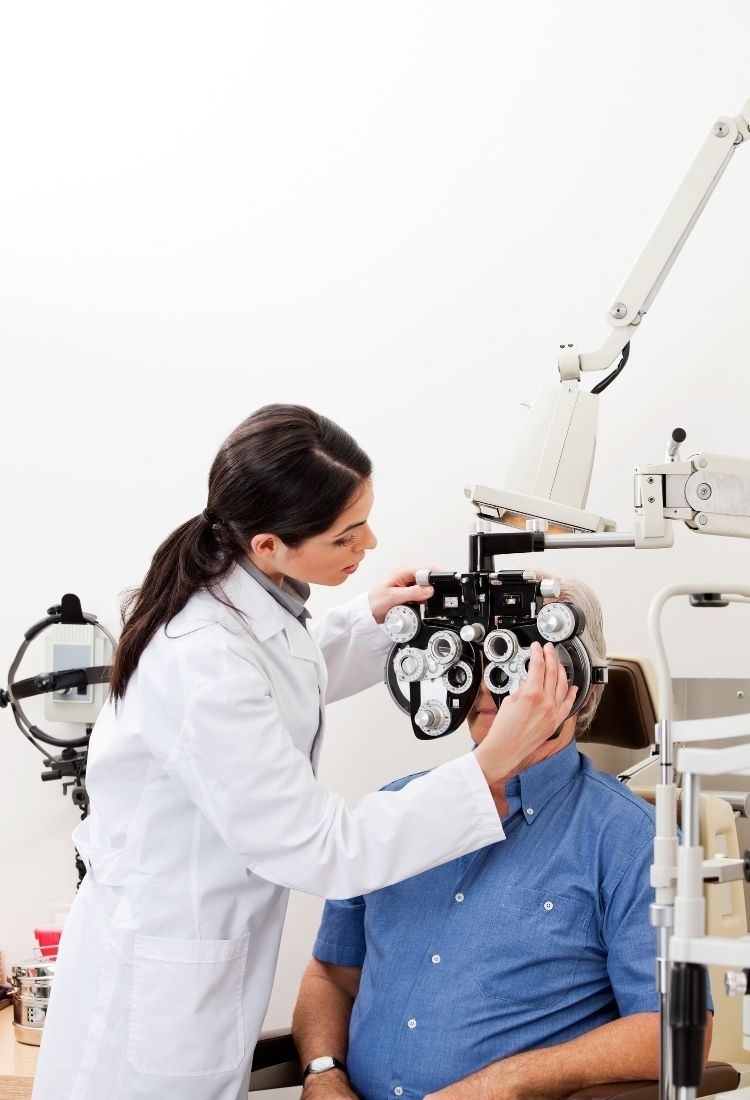
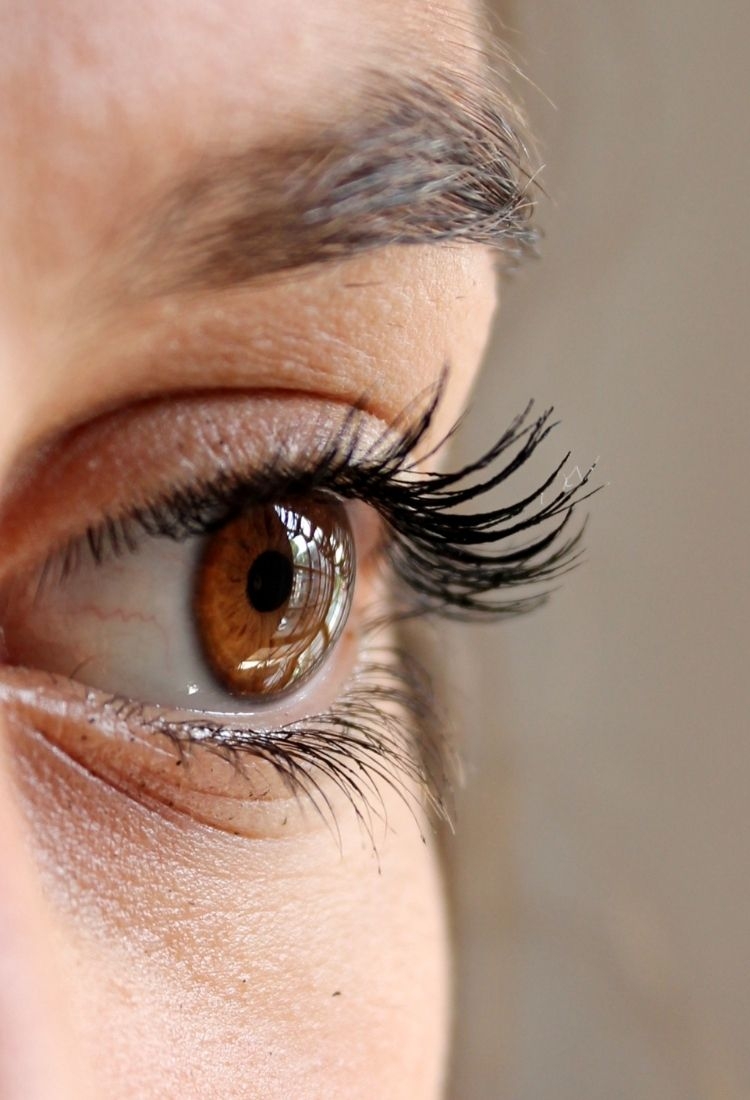
Preparing your home for post-operative recovery can enhance comfort. Set up a designated recovery area with essential items such as pillows, blankets, medications, and entertainment options like books or a TV. Ensuring frequently used items are within easy reach can minimize strain and contribute to a restful recovery.
Mental and emotional preparation is equally important. Understanding the potential risks, benefits, and realistic outcomes of the procedure can help manage expectations. Some patients may experience anxiety or stress leading up to surgery; therefore, practicing relaxation techniques such as deep breathing, meditation, or visualization can be beneficial.
Finally, adhering to all pre-operative instructions provided by your surgeon is essential. This may include fasting before surgery, avoiding specific skincare products, and showering with an antiseptic solution. Following these guidelines can help reduce the risk of infection and ensure the procedure proceeds smoothly.
In summary, thorough preparation for cosmetic surgery encompasses medical, physical, and emotional readiness. By taking the necessary steps, following your surgeon's advice, and creating a supportive recovery environment, you can significantly enhance your chances of a successful outcome and a smoother recovery process.
Preparing for cosmetic surgery is a comprehensive process that involves careful planning and attention to various aspects of your health and well-being. In addition to consulting with your surgeon and addressing any medical history concerns, it's vital to gather as much information as possible about the specific procedure you will undergo. Understanding the techniques, expected results, and potential complications associated with your surgery can empower you to make informed decisions and engage actively in discussions with your healthcare team.
Moreover, creating a support network can significantly enhance your experience before and after the procedure. Having friends or family members who can provide emotional support, assist with daily tasks, and help you navigate the recovery period is invaluable. Discussing your plans with loved ones not only eases anxiety but also helps set realistic expectations about the journey ahead. Additionally, sharing your motivations for undergoing surgery can foster understanding and encourage a positive environment as you prepare for the changes to come.
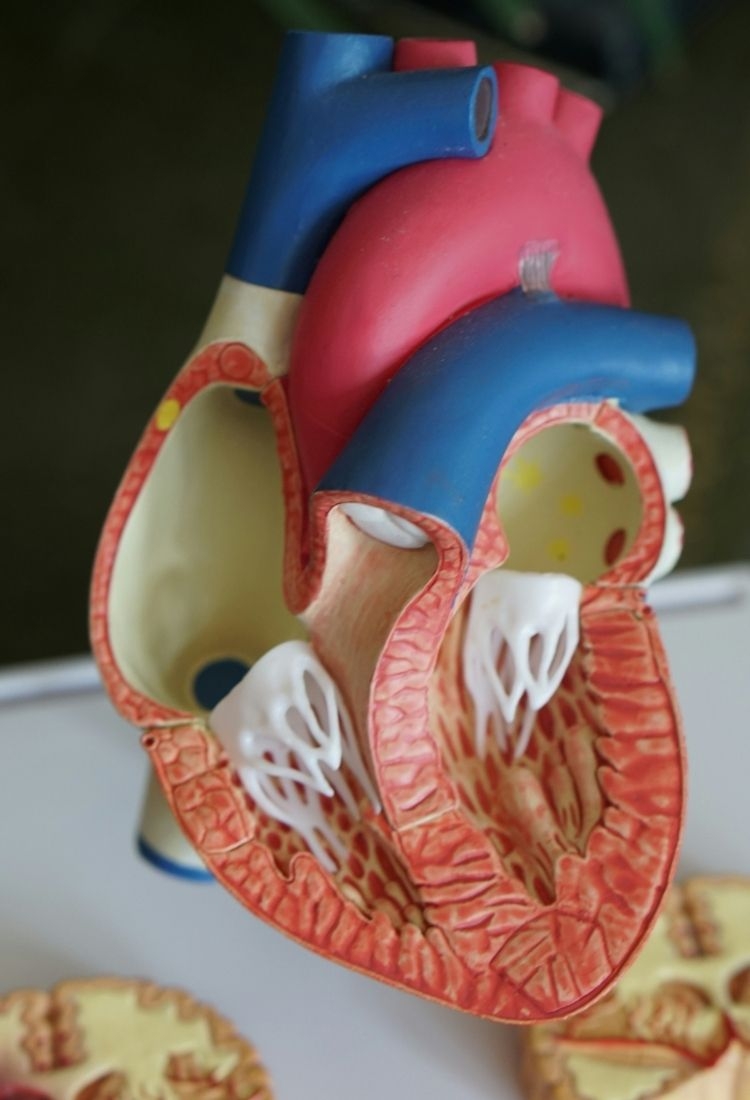
CureValue was inspired by the founder's personal experience of saving significantly on a dental implant by traveling to India, highlighting the potential of medical tourism.
Yes, CureValue assists with travel arrangements, including booking treatments and providing information on destinations, transportation, living standards, and visa requirements.
CureValue provides extensive patient reviews and success stories to help users make informed decisions about their healthcare options.